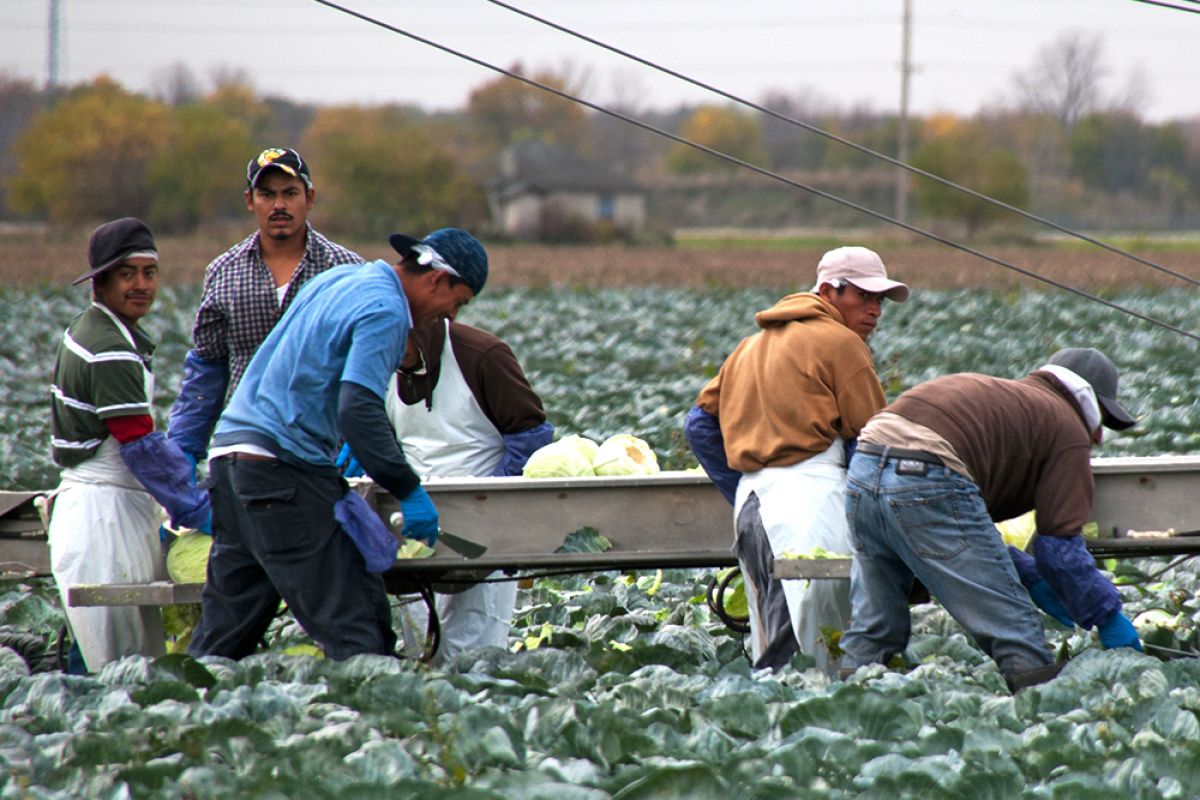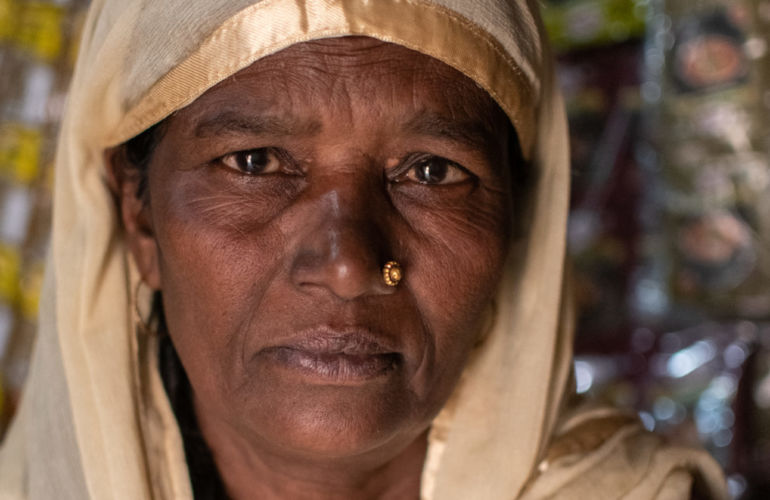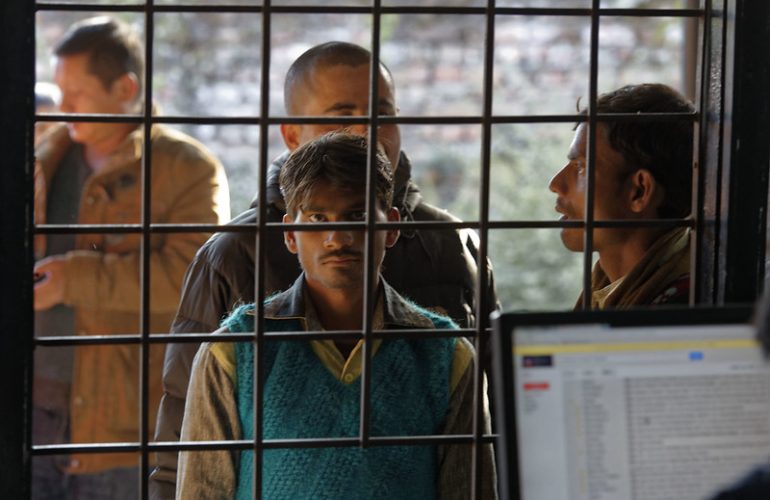A Way Forward To Build Better Migration Policies in the COVID-19 Era
The COVID-19 pandemic has highlighted the brokenness of policies that leave migrants vulnerable to exploitation, abuse, and exclusion. It is time to refocus the Global Compact for Migration’s implementation on creating better lives and sustainable futures. We must prioritize the expansion of regular migration pathways and improve collaboration between States, concludes a new report by the Civil Society Action Committee.

The COVID-19 pandemic has had harsh social and economic impacts on people worldwide, and migrants have been disproportionately affected. Many have faced employment and wage loss and exclusion from healthcare and are unable to return home or reunite with their families. At the same time, the pandemic has shed light on the crucial role that migrants play as essential workers in the sectors of healthcare, food production, and retail, among others.
“Which way forward on the implementation of the Global Compact for Migration in the era of COVID-19?”, a new paper by the Civil Society Action Committee, describes how current migration policies place migrants in a vulnerable position and recommends new priorities to protect their rights. The Action Committee platform brings together civil society networks working to improve global migration policy and governance and is co-convened by the International Catholic Migration Commission (ICMC).
“While the pandemic added new challenges and amplified pre-existing ones, it has also provided opportunities for addressing them,” says ICMC Director of Policy Stéphane Jaquemet. “If States are willing to cooperate, it is not too late to make use of these opportunities.”
The report describes the events that led to the Global Compact for Safe, Orderly and Regular Migration (GCM). Its inception dates back to a perceived migration crisis in the mid-2010s when large numbers of migrants and refugees came to Europe irregularly from the southern and eastern Mediterranean.
The Compact’s objective was to increase international collaboration on migration to address these and similar movements jointly. However, its adoption in 2018 came “amidst increasing authoritarianism, nationalism and xenophobia, and declining political will and commitment to multilateralism.” Consequently, an agreement meant to promote international collaboration has thus far led almost exclusively to actions taken unilaterally by States. “The deference to national sovereignty generally served the interests of wealthy countries of destination better than [those of] low to middle-income countries,” explains the report.
Then the COVID-19 pandemic hit, bringing about border closures, lockdowns, wage cuts, changed terms of employment, school closures, and job losses. Migrants faced additional problems such as the impossibility of returning home, lack of access to healthcare, education and social protection programs because of their status, and living and working conditions that don’t allow social distancing. At the same time, the pandemic also brought to light the vital role that migrant workers play as essential workers. “Yet,” reads the report, “they are denied the pillars of decent work.”
If COVID-19 has aggravated inequalities between individuals, it has also exacerbated disparities between countries. While wealthy countries have established stimulus programs to mitigate the pandemic’s effect on their economies, low and middle-income countries have little resources to do so. Therefore, we can expect an increase in the number of people from low and middle-income countries attempting to migrate in the coming years.
“Choices and priorities about the future of human mobility look different now. This means that implementation [of the GCM] needs to look different going forward,” reads the report. It must refocus on the collaboration between States and be based on a keystone, a shared objective used to measure progress.
The paper suggests using the expansion of regular migration pathways, Objective 5 in the GCM’s text, as this keystone. Migration pathways depend on the collaboration of at least two countries – a country of origin and a destination country – meaning that any progress involves a partnership. Ideally, migration pathways should be broadened into regional and international migration corridors whenever possible.
The expansion of regular migration pathways will also address several issues highlighted by the COVID-19 pandemic. They facilitate migrants’ capacity to access their rights, including decent work conditions, education opportunities, and family reunification. Legal pathways to migration allow migrants to avoid dangers linked to an irregular status such as trafficking and exploitation.
Expanding migration corridors should be a collective endeavor that involves civil society, labor organizations, and migrants themselves. Together, they should begin by defining priority groups for which regular pathways are beneficial or necessary, leading to increased migration opportunities that are beneficial to all.
“Establishing regular pathways along critical corridors will enable thousands of migrants to avoid the dangers and pitfalls of irregular routes that too many are forced to take,” emphasized Civil Society Action Committee coordinator, Colin Rajah. “It will also allow countries to welcome and integrate them into their societies far more effectively. This will save many lives.”
“Which way forward on the implementation of the Global Compact for Migration in the era of COVID-19?” was published by the Civil Society Action Committee and stems from discussions held during a 23-part webinar series reviewing the implementation of the Global Compact for Migration two years after its adoption.



